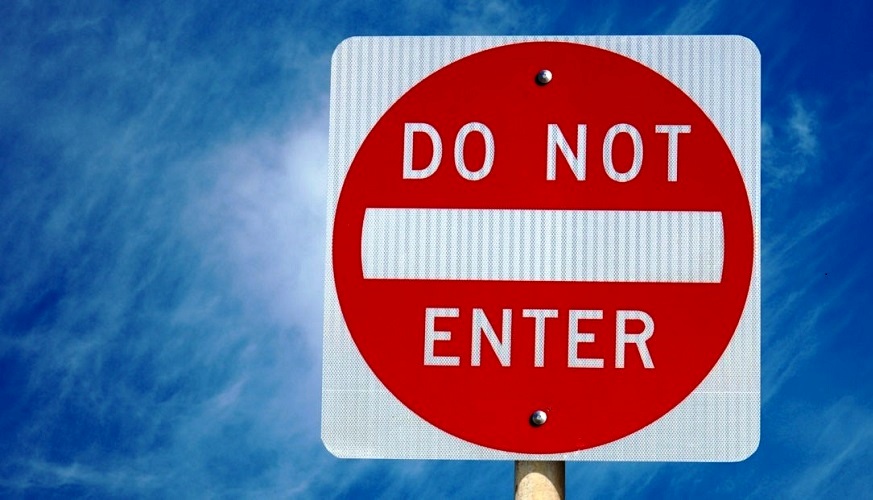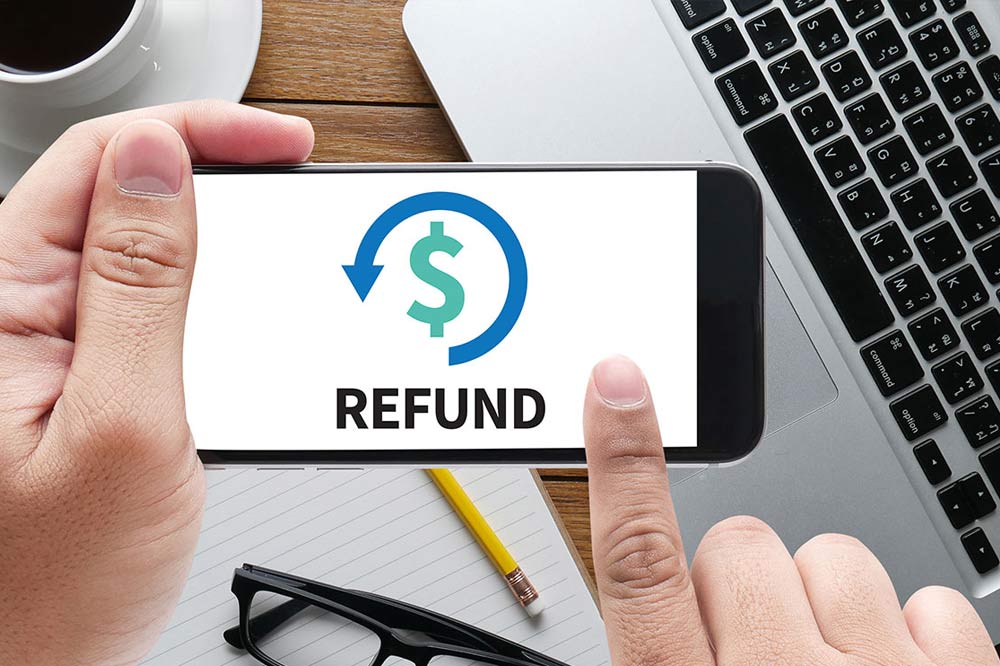Protecting The Intellectual Property Rights Of Your Business
Many businesses, large and small, are creative; by that, we are not just talking about those in the arts or fashion industries. Anything a company creates, from a product to its logo, can and should be protected, and this is something that your commercial lawyers can advise you on.
The umbrella under which designs, new technology, written material, artwork, branding, and so on can be placed is called intellectual property. Just as with any physical property you own, intellectual property can be stolen, and when that happens you have legal recourse which can be instigated by your commercial lawyer.
You could try to do so yourself, but given the complexities of the law relating to intellectual property, you want the experts to ensure that your rights are adequately protected. Part of those complexities is that different types of intellectual property are protected under different laws, and knowing which is which is something every business owner should know.
Whilst we will not turn anyone into a lawyer with the following information, at least we can better understand which protection you need for each of the three main areas of intellectual property.







